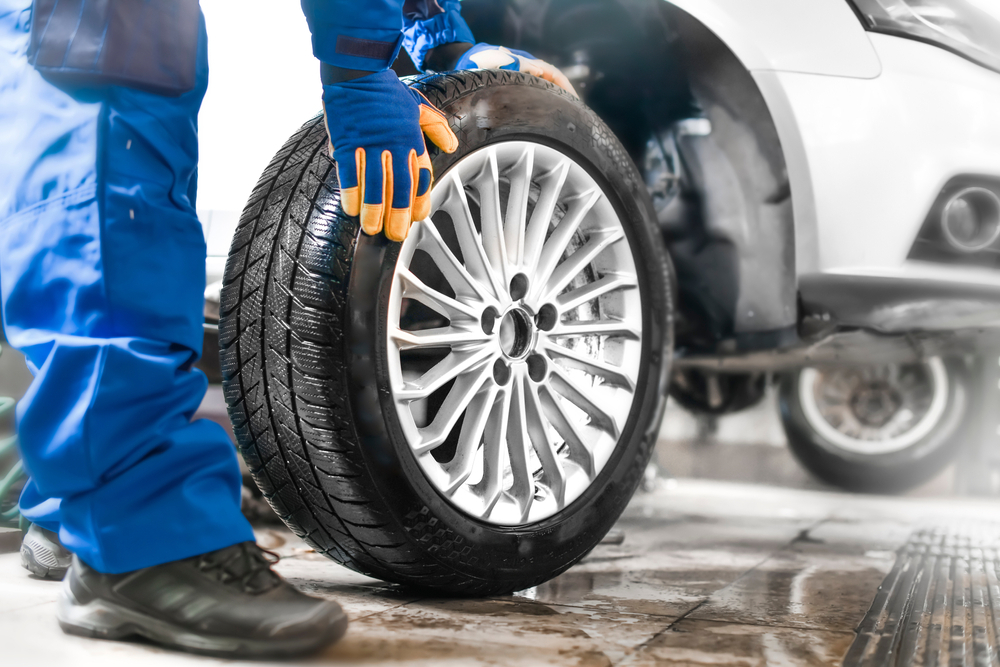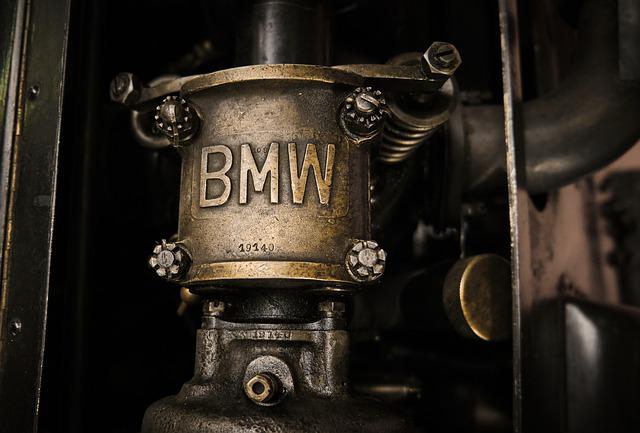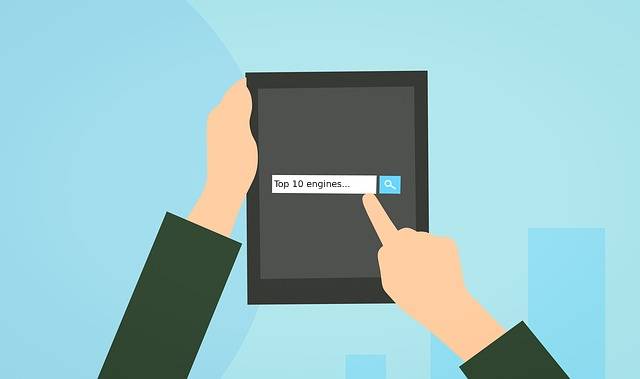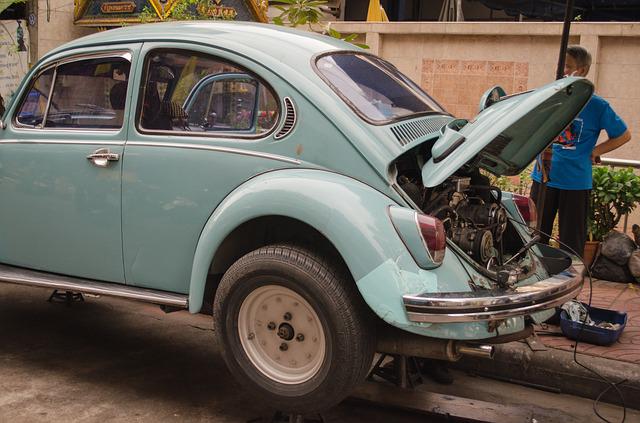What Causes Blowouts? How Do You Manage Them?
Find Used Engines and Transmissions for a Great Price! Live Assistant For Used Engines Call 1800-518-9776

One of the most terrifying situations for any driver is a tyre blowout. Extremely stressful situations might result from the abrupt loss of control, the loud bang, and the need to respond right away. Every driver's safety depends on knowing the reason for blowouts and how to handle them. In this piece on the internet, we'll examine the typical reasons for tyre blowouts and offer advice on how to deal with them successfully to maintain road safety.
What are the causes of blowouts?
-
Overinflation: While underinflation of tyres is a prevalent concern, they can also get overinflated. Tyres that are overinflated are more stiff and have less shock absorption, making them more vulnerable to causing harm from road hazards.
-
Overloading: Putting more weight on your car or tyres than necessary puts a lot of strain on the tyres. Tyres that are too heavily loaded may overheat and blow out.
-
Road risks: Your tyres are really at risk from debris, potholes, sharp objects, and other road hazards. A blowout might result from collision with these things and cause instant harm.
-
Old or worn tyres: Tyres have a finite lifespan, and as vehicles age, the rubber compounds in them deteriorate, making them more prone to failure. Blowerouts are more likely to occur when tyres are worn down or old.
-
Underinflation: Driving on underinflated tyres is one of the main reasons for tyre blowouts. When a tyre is underinflated, it flexes too much and produces heat. A blowout may eventually result from this heat buildup, since it weakens the tire's structure.
-
Manufacturing errors: In a small number of situations, tyre manufacturing errors can cause blowouts. These flaws could be structural weak points or irregularities.
How do I manage blowouts?
-
Keep cool: Remaining cool is the most important first step when dealing with a blowout. An explosion might be shocking, but being in a panic can result in risky choices. Hold the steering wheel firmly in place.
-
Hold on tight: As the blowout happens, your car can start to move in the path of the damaged tyre. Holding the steering wheel firmly and maintaining its straightness will help you combat this.
-
Do not bang on the brakes: Slamming on the brakes may be your first instinct, but doing so can cause your car to skid or lose control. Instead, slowly and carefully apply the brakes.
-
Release the gas gradually: To slow down, gradually let go of the gas pedal. Avoid making any quick turns or motions.
-
Indigating signals: Using your turn signals to indicate that you are going to pull out onto the side of the roadway after regaining control is a good idea. Whenever it is safe to do so, progressively steer to the shoulder.
-
Change a spare tyre: You can replace the flat tyre if you possess a spare tyre and the required tools. For guidance on changing a tyre safely, go to your car's owner's manual.
-
Make a help request: Call a tow truck or roadside assistance if you can't change the tyre yourself or if you cannot find a spare. It's essential to hire a pro to check the car for any extra damage.
Conclusion
Although blowouts can be alarming, being able to handle them is crucial for both your own security and the well-being of other drivers. Understanding the typical causes of blowouts, maintaining composure throughout an incident, and using the suggested actions for addressing blowouts can significantly alter the result.
Used Engines Inc. is a service-oriented company run by vehicle enthusiasts who are passionate about and skilled with engines. We make it very easy for you and members of your household to get the transmissions and engines in your cars inspected for high-quality used parts.
related
You May Also Like

Which BMW Has the Most Horsepower?
A car is useless if it doesn’t have good horsepower. Just imagine driving your car with sluggish acceleration and it drags on the road whenever you take it for a spin.
Read Article
10 Best Engines Made So Far By Top Engine Manufacturers
Over the years, the car industry has seen major changes. Car engines have become smarter and it looks like every new engine that rolls out is better than the other.
Read Article
How to Make Your Car Last Forever?
Isn’t it lovely when a new car works the way you want? The gears shift smoothly and the wheels roll without dragging against the road. But as your car gets older, you’ll notice that it doesn’t drive smoothly, has lower fuel mileage, and overheats easily.
Read Article